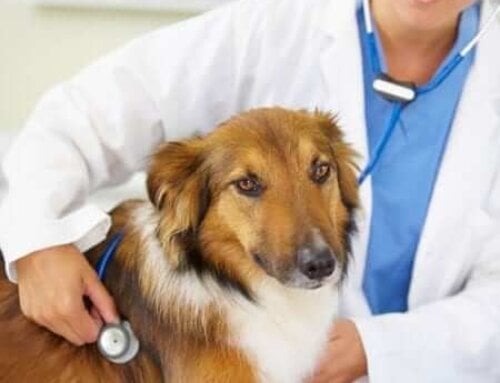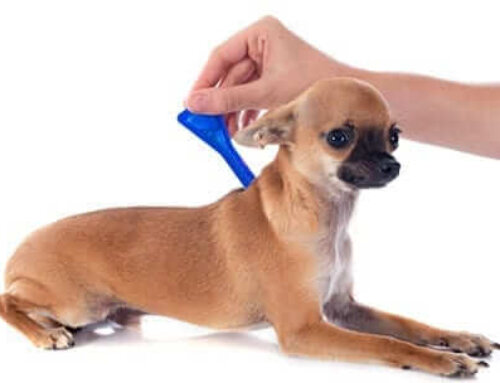As a veterinarian, I can’t help but associate diseases I hear about in humans to similar diseases in pets. The typical layperson does likewise in associating pet diseases to their human counterpart diseases. It’s a sign of intelligence to extrapolate what we already know to an issue new to us, but it can occasionally mislead us. Cats are not dogs. Dogs are not cats. Cats and dogs are not humans. It is best to let a medical professional for that species guide medical care. Never underestimate the value of an education. As my mom’s doctor used to say when she used to tell him her cousin’s thoughts on her health, “And what medical school did SHE go to?” I have rarely in my 2 decades of practice pulled out that line when a client tells me how her aunt’s neighbor’s daughter-in-law (or some such obscure trusted medical guru) has an opinion counter to accepted medical opinion, but I wink at the client when I do.
Now to my point! Whenever I start talking about diabetic remission in felines, I get a lot of feedback. Twenty plus years ago we never thought we could “cure” diabetes in cats. Shoot, back in the dark ages when I graduated vet school, we didn’t really understand that the majority of cat diabetics are type 2 diabetics. If we had diabetic cat go into remission we scratched our heads and thought how cats are really just aliens put on this planet to make veterinarians look bad. I’ve gone over type 2 diabetes in prior articles, so I apologize to regular readers for redundancy, but I commonly get questions regarding use of oral hypoglycemic agents (which are often used for humans with type 2 diabetes).
Ask ten vets the same question and you will likely get ten answers. I am kind of teasing when I say this, but it is true. Nonetheless, in general, most of us now have come to accept through repeat successes that the majority of diabetic cats are type 2 diabetics. The old term for this is “non-insulin dependent”. Sure, if the pancreas suffers enough inflammation or damage or the insulin producing cells of the pancreas just plain poop out we then find ourselves with a type 1 diabetic feline. For the most part, however, most diabetic cats are type 2 diabetics when we make the diagnosis.
Why is this so cool? It is exciting to us vet nerds, because we can actually turn the tide and “cure” diabetes in cats if we act promptly to reverse glucose toxicity. Here is where the business of translating human medicine into vet medicine can lead us astray. Lots of human diabetics are on oral medications that help to control their diabetes. These medications affect our liver’s ability to make sugar. Many pre-diabetic and borderline diabetic humans are told by their doctor to lose weight, exercise, quit eating simple carbs and sugars and are prescribed an oral hypoglycemic agent. Their doctors sternly tell them to get their act together or else they will have to go on insulin.
When veterinarians diagnose diabetes in a cat, if the glucose levels are just borderline high, we might also tell people to change to a canned only, low-carb diet and get the cat toward a proper body weight, but we rarely prescribe oral hypoglycemic agents. Frankly, if the glucose is high enough to prescribe an oral hypoglycemic medication, it is likely high enough to just start insulin. Vets have indeed used medications like glipizide in cats, but the success rate for diabetic remission is dramatically lower with glipizide than for cats which are started on insulin. Getting the blood glucose values into a normal range helps the insulin producing cells of the pancreas recover and hopefully start producing insulin again. The longer we dawdle getting a cat into normal glycemic numbers, the lower the odds that we will get said kitty into a state of diabetic remission.
I like the saying, “Never say never.” Sure, diabetic remission can sometimes occur with oral hypoglycemic medications, but our goal in this day and age of feline diabetic management is to cure diabetes. The best bet for getting a cat into diabetic remission is close monitoring of the blood glucose and giving insulin along with a low carbohydrate high protein diet.
I enjoy interacting with our readers. Feel free to contact me at [email protected].










Leave A Comment